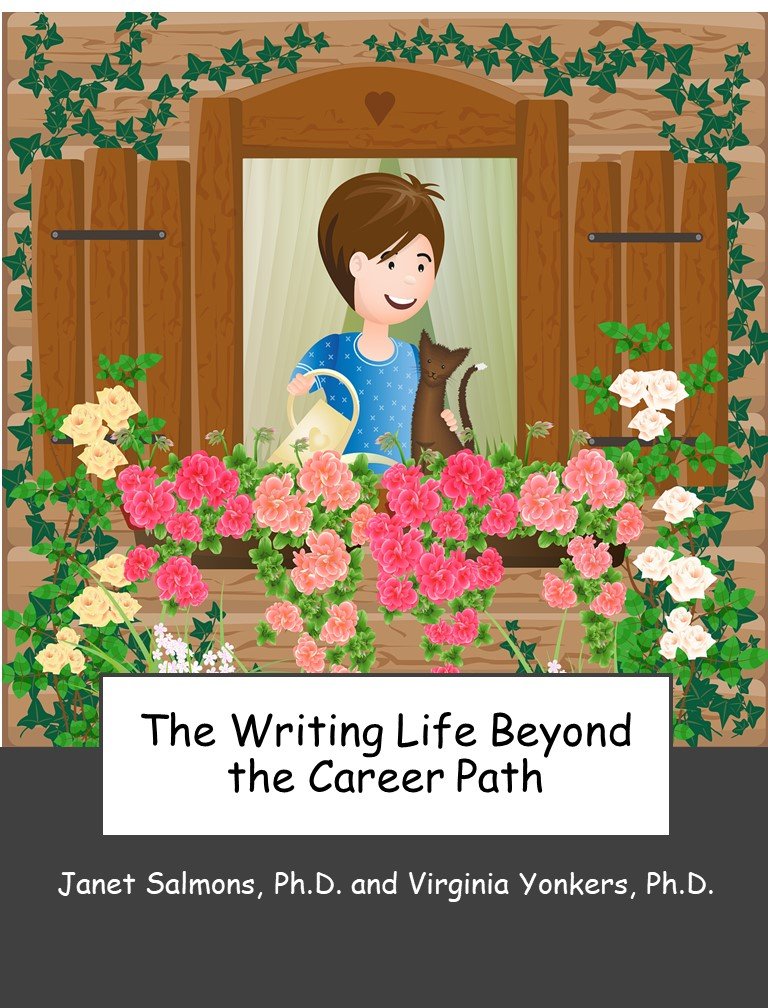A project management approach to academic writing
By Cathy Mazak, PhD
Dr. Mazak was a panelist for the 2022 webinar, How Academic Writing Coaches Get Unstuck. In this post she discusses how to manage the writing process for a large project such as a dissertation, thesis, or book. In addition to the resources listed below, visit her website at https://www.cathymazak.com to learn about her writing programs, podcast, and coaching.
Cathy Mazak, PhD
If you are an academic, you are also a project manager.
The nature of academic work requires the ability to manage multiple, large projects simultaneously: whether that’s as a graduate student dissertating while also teaching and researching on someone else’s projects, or as a professor managing research, teaching, and service and the multiple projects that make up each one. It’s a lot.
It’s worth it, then, to develop your project management skills, especially when it comes to writing. Academic writing projects generally take months if not years to complete, and without good project management they can end up stalled-out in a virtual drawer.
There are three main project management areas to develop for academics: systems, templates, and scheduling. #AcWriMo this November is the perfect time to dig into these. Here’s how to start:
See your Publication Pipeline as a system
Your publication pipeline is a high-level project plan for your writing. If you think of your pipeline as a system for publication, you will have a better handle on the stage that each of your writing projects is in, and as a result you’ll be able to diagnose where your writing projects often get stuck (so they can get unstuck).
The first step is to map out all the stages of your publication pipeline. This should be a custom map that makes sense for you and your field, but a very generic version is:
Research in progress→Writing→Under review→Revisions→Published
We teach a publication pipeline mapping process inside our Navigate: Your Writing Roadmap® program (find out more here), but you can start by simply organizing all of your current writing projects into one of these categories. I love to do this with a Trello board. If you prefer analogue methods you can use two different color sticky notes, one for the category and one for each writing project, and map this out on your office wall.
Once you have your pipeline mapped out, you can use it to monitor how publications flow through. For more about achieving “flow” in your publication pipeline, check out episode 88 of the Academic Writing Amplified podcast.
Create a template bank
One of the reasons that academics feel so overwhelmed is that they tend to see each writing project as a beautiful unicorn. But actually, the genres of writing that you take on are very similar (and field-specific), so creating a task-list template for each one can organize your writing projects so that you’re not starting from zero each time. Check out this YouTube video for a quick how-to.
Schedule a date with your writing
Are you trying to fit writing into the black spaces on your calendar? The reason this backfires is that blank spaces are ripe for tasks that creep in: checking email, revising that lecture one more time, or putting out some departmental fire.
Your writing needs a specific time on your calendar–like a date, or a doctor’s appointment! I don’t think you have to write every day (in fact, I recommend against that as a goal), but you do need to figure out how to write regularly and get those writing times in your calendar.
Taking a project management approach to academic writing will help you keep publications on track. To learn how to keep appointments with your writing, check out episode 6 of the Academic Writing Amplified podcast about putting writing at the center of your career.
For more on academic writing project management, check out these podcast episodes:
Academic Writing Amplified, Episode 3: How to Approach Your Writing Like a Project Manager
Academic Writing Amplified, Episode 101: Three Systems for More Publications
Academic Writing Amplified, Episode 107: From Planned to Published


























Michelle Boyd answers a question about taking small steps to make progress on a large writing project.